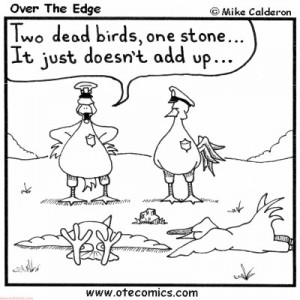Until recently, academic integrity within Dutch educational research was largely a matter of individual and collective responsibility, rather than applying specific compliance measures. University researchers are expected to conduct themselves in an ethical manner with respect to the ways in which they design, carry out and report academic research. However, procedures and requirements with respect to ethical conduct and academic integrity practices of research projects are changing. Research financers and scientific journals require more strict procedures, incidents with research integrity, safety and privacy call for more transparency and accountability, and recent developments in the domain of open resources trigger questions about accessibility and re-use of data.
Much of the literature is framed in terms of misconduct or academic corruption with research ethics and tends to focus on the negative framing of academic integrity as “corrupt” or “bad” practice. Fabrication and falsification of results together with plagiarism and ethical abuses practiced by academic researchers are frequently highlighted. Yet ICLON Leiden University Graduate School of Teaching designed a procedure that builds on trusting academic researchers to conduct themselves in an ethical manner with respect to the ways in which they design, carry out and report academic research.
A distinctive character of the ICLON research program is its double focus of developing educational theory and practice, which means that the research projects of the program aim at simultaneously contributing to the improvement of educational practice and generating knowledge about this practice. Because of this double focus, many research projects of the research program are highly-contextualized and are characterized by complex research processes which ask for many interpretations of the researchers and lack standardized procedures of analysis.
Akkerman and colleagues designed and evaluated a so-called audit procedure to ascertain if this kind of studies meets the criterion of trustworthiness. This procedure is about the visibility, comprehensibility, and acceptability of the research process. A decision in the research process must be made explicit and communicated to be judged at all and substantiated to be judged by its logic and content.
The data management procedure of ICLON builds on this audit procedure and includes an audit trail, which allows an auditor to track, understand and assess the research process from the final conclusions as reported in a paper back to the data. This data management procedure is considered a practical and useful way to secure both transparency of the research process and accountability of its researchers. It can also be understood as a way to support researchers to improve the quality of the research process and to raise their awareness of the importance of academic integrity.



Recent Comments